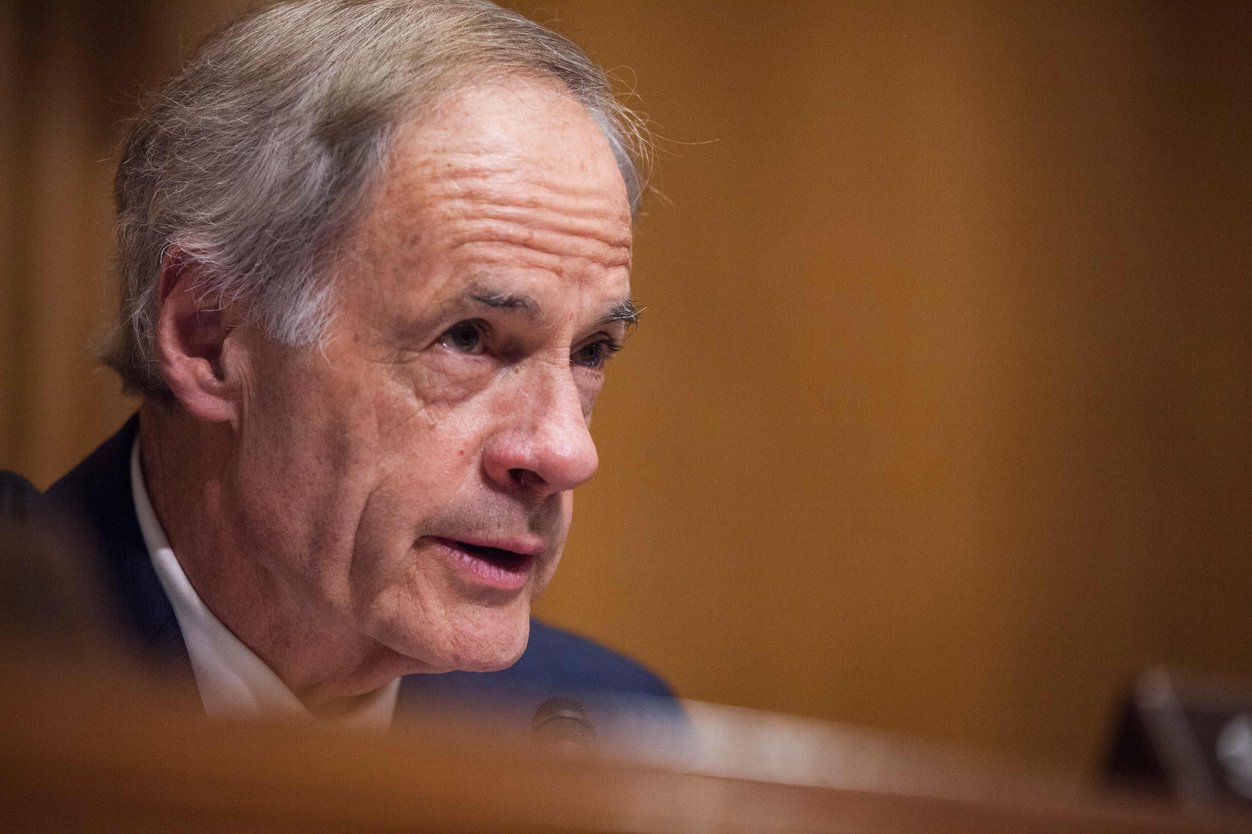congress
Democrats' summer daze on health care
Senate Majority Leader Chuck Schumer has said he wants to hold a vote on health care legislation, including cost caps on insulin, before August recess. He's been saying that since the spring of 2022, for anyone who's keeping track at home. Lobbyists don't necessarily believe him this time, either.
The package's most politically salient piece is still up in the air. Four lobbyists who talked with my colleague Rachel Cohrs and I said they don't yet see how Schumer gets to 10 GOP votes on insulin copay caps in the private insurance market, even though they are pretty close, in theory. Seven Republicans supported the policy on a procedural vote in August, and Sen. Chuck Grassley (R-Iowa) has conditioned his support on a pairing with PBM reform.
But then again, Schumer still hasn't picked which insulin bill could be included. The Senate still has to combine legislation from several different committees. Take PBM reform, for example — the HELP committee passed a PBM reform package, Grassley has a separate bill on transparency in the Commerce Committee, and the Senate Finance Committee is planning to write its own ambitious and completely different PBM reform legislation. The Senate has five weeks in session before August recess. Could they go for a narrower package to move faster? Sure. But it's a tight squeeze.
Members on committees of jurisdiction aren't clear on the plan, either. For example, Sen. Chris Murphy (D-Conn.), who serves on the HELP Committee, said this when Rachel asked him about a timeline for the package last week: "I haven't heard any updates on that."
state watch
Drug pricing drama in Nevada
Nevada just came within inches of a major drug pricing reform: the state's Democratic-controlled legislature passed a bill to ensure that Nevadans pay no more for drugs than seniors pay for Medicare-negotiated drugs last month. But Republican Gov. Joe Lombardo just vetoed it.
Minnesota, meanwhile, pulled its own reforms off. Last month, the state enacted a law to create a board that will set price caps on drugs. The board will default to Medicare-negotiated prices for those drugs subject to Medicare negotiation.
A handful of states are also considering hitching their wagon to Medicare, according to the National Academy for State Health Policy. Maine considered a bill similar to the Nevada bill that was carried over to next year's session. Similarly, Connecticut lawmakers contemplated a bill that would have referenced Medicare's so-called maximum fair prices, though they adjourned without passing it. There is also a bill in Massachusetts that requires insurers to pay no more for drugs than the lowest price paid under any program overseen by the federal Medicare agency. The legislature held its first hearing on that bill last week.
influence
Lilly gears up for obesity coverage fight

ZACH GIBSON/AFP via Getty Images
A handful of Eli Lilly executives donated thousands of dollars to Sen. Tom Carper's (D-Del.) campaign in March — shortly before he decided to retire in mid-May, my colleague Rachel Cohrs writes.
Carper has long been an ally of the pharmaceutical industry (and stood up for drugmakers during the Inflation Reduction Act debate), but more specifically, he's a leading champion of legislation to allow Medicare to cover anti-obesity medications — and Eli Lilly is developing a potential blockbuster one of those. If the legislation doesn't get passed this session, proponents will need to find a new lead Democratic sponsor in the Senate. Its other lead proponents are Sen. Bill Cassidy (R-La.) and Reps. Ron Kind (D-Wis.), Raul Ruiz (D-N.Y.), Tom Reed (R-N.Y.), and Brad Wenstrup (R-Ohio).
The donations in the month of March from Lilly executives included:
- $5,000 from CEO David Ricks
- $2,900 from government strategy executive Derek Asay
- $2,500 from corporate affairs and communications executive Leigh Ann Pusey
- $1,000 from government affairs executive Shawn O'Neail
- $500 from human resources executive Chase Kip
No comments